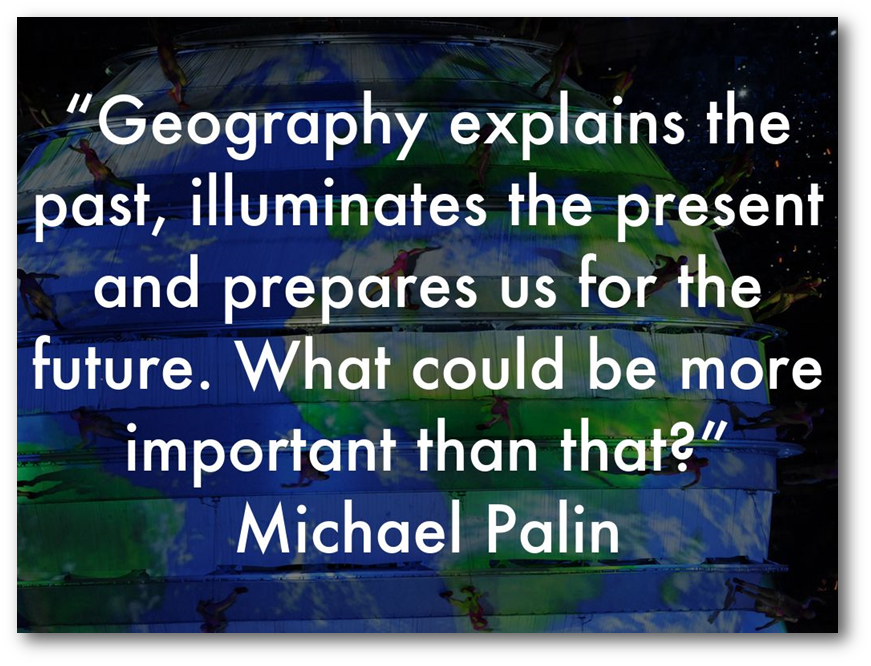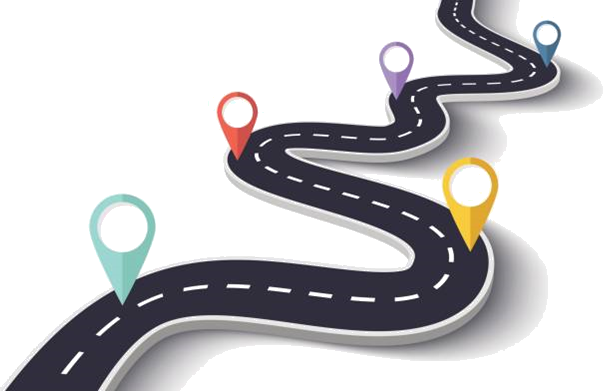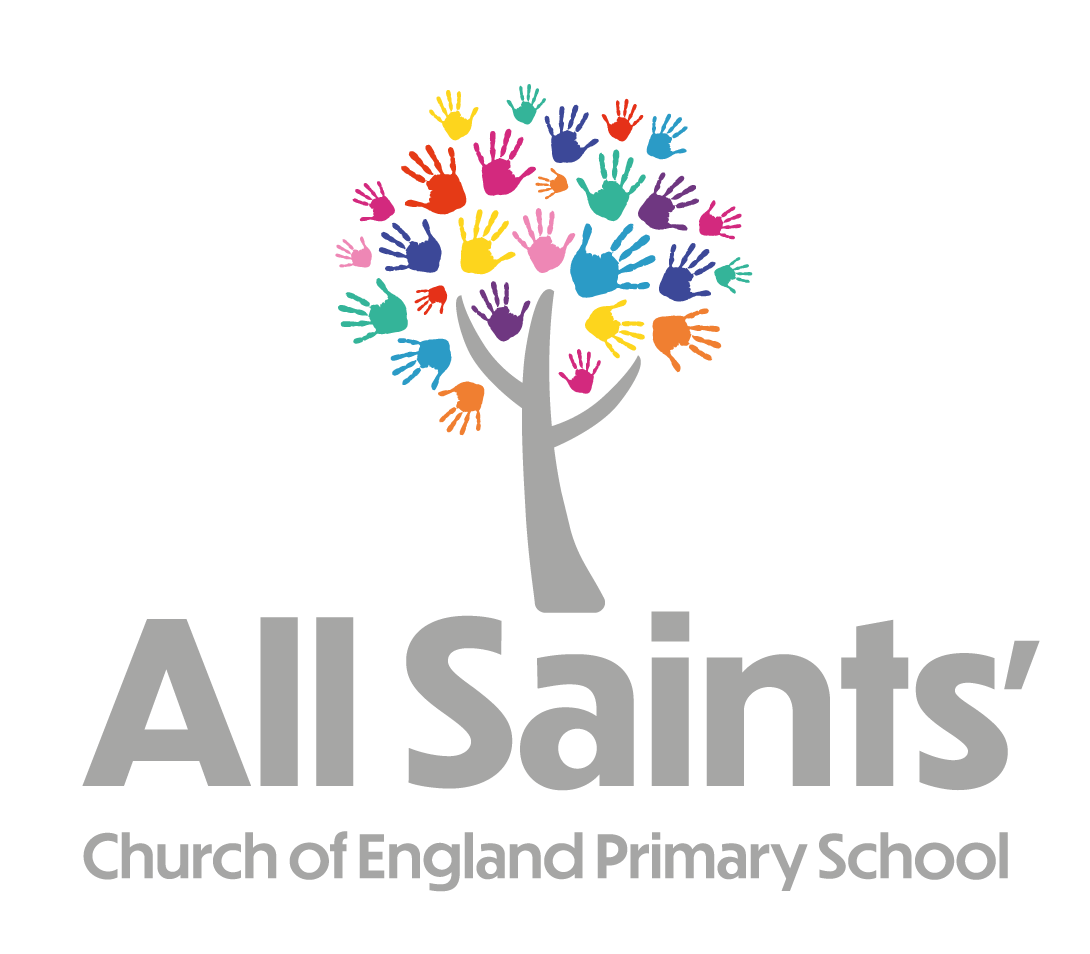Geography

Growing Stronger Together in God's Love
Love 
Through our geography learning, we aim for our children to develop a sense of wonder and love for the world around them and the wider world. We aim to instil a strong sense of belonging whilst encouraging curiosity about the wider world and the people in it. We nurture an understanding that as God’s stewards on earth, we have a collective responsibility towards sustainable development and the protection of our beautiful planet.
Compassion 
Our geography curriculum encourages in children an appreciation of what it means to be a global citizen. The children have the opportunity to build and expand their learning from their local community to the broader horizons of the wider world, recognising and contrasting the experiences of a range of communities. Our balanced curriculum aims to develop our children to be open minded and understanding of local and global issues, and feel empowered in their role as agents of change.
Koinonia 
At All Saints’, we create a sense of togetherness in our geography learning, whether discussing solutions to global issues such as pollution and climate change, or when conducting practical fieldwork. Our enquiry based approach aims for participation and teamwork to answer probing questions that stimulate and fascinate our learners.
Thankfulness 
Throughout our geography curriculum, we aim for our children to be thankful for the world in which they live. By making our curriculum meaningful, interesting and contemporary, we aim to immerse children in feeling and seeing geography all around them and cultivate a sense of belonging, empathy and gratitude for our wonderful planet.

As in all of our subjects, as children work through the geography unit in hand, they will be given opportunities to explore and be immersed in the learning, be explicitly taught skills and learn to apply, and critique, them through our All Saints' Approach: Engage, Skill-Build and Create-Evaluate.
We aim for our geography curriculum to strike a balance between substantial contextual knowledge and a strong sense of place, enabling the children to create informed opinions and to understand connections between human and physical geography. By building strong foundations through engaging children in immersive and explorative activities, and by reflecting and evaluating their own local context, children are expected to compare and contrast as they accumulate knowledge of the wider world, making interconnections that encourage empathy and understanding in their attitudes and values.
We aim for our children to apply skills of enquiry such as formulating appropriate questions, developing research skills and evaluating materials to stimulate and drive learning in meaningful ways. We are very proud of our diverse community and aim for our geography curriculum to develop an appreciation of what it means to be a global citizen, including the knowledge that we can all be drivers of change and champions of sustainable development.
Reception 
Autumn- Festivals
Throughout this ambitious topic, the children learn about the different cultures represented in their school community, where their families come from in the world and celebrate the similarities and differences in their cultural heritage.
Spring- Amazing Adventures
In this awe-inspiring topic, the children go on many adventures including a trip to Handa’s Kenyan village.
Summer- Our Local Area
In this term, the children area ready to start exploring their local area. They visit places of local interest such as All Saints’ church, Haydons Road park and Dean City Farm. The children use their knowledge to map in different ways including 2D and 3D maps. They bring their learning together in the outdoor environment with a role play Tourist Information Centre. The children love making and following their own maps.
Year 1 
Autumn- Where in the World am I?
Year 1 will begin to develop their knowledge about the world and their place in it. They will be introduced to subject-specific vocabulary relating to human and physical geography and begin to use geographical skills to enhance their locational awareness. They will take an exciting adventure into some countries within the seven continents of the world and explore their climate and land features, undertaking a variety of fun activities to help them learn more about each one.
Spring- How Can we Map our School?
During this unit, Year 1 will discover the wonderful world of maps! They will begin by using simple fieldwork and observational skills to study the geography of our school, using their senses to build a sense of place. They will be introduced to OS maps and use the 4 cardinal points to plot their main locations, representing them with a key. They will develop their skills by zooming out, plotting the route from our school to All Saints’ Church, measuring distances along the way. Year 1 will demonstrate themselves as compassionate geographers by bringing their knowledge together to consider the best place for a bird house in our school grounds.
Summer- Where can we find Castles?
Year 1 will find out why castles were built on hills. They will think about the resources the residents of the castles needed to have nearby and how this influenced the location of the castle. They will compare and contrast castles from other places in the world. The children will become familiar with the key stage one geographical physical features vocabulary, which includes: hill, sea, river, and cliff.
Year 2 
Autumn- What is in our town?
Year 2 will have the opportunity to develop their map skills and explore the geography of their local area. They will find out more about why we use maps and how to read them, as well as having the opportunity to draw their own maps and plan perspectives. The children will take on the role of Town Planners as they use their knowledge of the typical human and physical features of a town to design a town of their own!
Spring- Are deserts hot or cold?
Y2 will be introduced to the wonderful world of deserts. They will discover the freezing and fabulous Arctic, learn about Arctic explorers, the Inuit way of life, Aurora Borealis, ice and its properties, Arctic animals, and compare with extreme temperatures and features of the Sahara. Year 2 will discover that weather is changeable and that climates are different around the world depending on location. They will make a direct comparison with the climate of a town in Greenland using data they collect from their very own weather station.
Summer- What makes a city?
Year 2 will go on a journey, studying maps and exploring features of London. They will learn about some human and physical features of cities and explore some of the different landmarks in London. There are also opportunities to compare different settlements and discover landmarks and coastlines your children probably never knew existed
Year 3 
Autumn- What are mega-diverse countries?
Year 3 will discover weird and wonderful plants of the world as they find out about flora in all seven continents. They will locate continents and countries on a world map, identify climate zones and biomes (and the plants that grow in them), explore ways in which humans are interconnected with their environment both locally and globally.
Spring- Exploring Italy
Year 3 will begin by learning where Italy is in the world, and then discover the physical geography of the country. The children will explore the country’s many famous cities and landmarks, and immerse themselves in the culture of Italy. They will compare and contrast the experience of living in Venice with the Isles of Scilly, through an exciting look at children who travel to school by boat!
Summer- What is Egypt’s ‘lifeline’?
Year 3 will become experts in all things Egyptian! They will discover that Egypt is much more than just a land of pyramids. They will follow the course of the River Nile and explore its importance both in ancient times and now. The children will consider the different uses of the Nile and compare this with London’s river, the Thames. They will investigate the geographical features of this land of the sun, bringing together their findings as experts in our very own All Saints’ tourist office
Year 4 
Autumn- What is special about Wimbledon?
As geographers, the children will consider the identifying characteristics that make where we live special. They will travel back to the time of the early village settlers in Wimbledon, then return to the present day and look at what Wimbledon has to offer. These geography lessons are designed to give year 4 a greater understanding of what settlements are and how they were formed. Year 4 will discover how conducting fieldwork can tell them what a place is like. They will consider who they can approach in their community that has the power to make changes, exploring their own role as advocates of change.
Spring- King of the Swingers
Year 4 will go on a journey to South East Asia, positioning the islands of Borneo and Sumatra. Then, they will venture into the rainforest of Borneo and study its layered structure. They will then look at reasons why the rainforests of Borneo are suffering from deforestation and why this is a problem for the orangutan.
Summer- Is Greece an Island?
As geographers, Year 4 will explore the physical Geography of modern Greece, looking at aspects such as size, location, landscape, rivers, mountains, and climate. The children will explore what Greece is like as a country today and learn some interesting facts about its geography and industry. They will look at the population and culture of Greece today and use a variety of different sources to find out about areas such as food, music, clothes and leisure.
Year 5 
Autumn- Investigating Rivers
Year 5 will explore the rivers of the UK, mapping their features and finding out how they are managed. They will investigate land use around the river Thames and how humans interact with rivers, sadly, often causing pollution. They will find out how they can take positive action to help protect our precious life-giving waters.
Spring - Extreme Earth (double topic)
Year 5 will explore the Earth's greatest natural disasters and find out all about the Earth's extremes, from raging tropical storms to violent erupting volcanoes to terrifying towering tsunamis. They will explore how these extremes affect people, communities and landscapes.
Year 6 
Autumn- South America (double topic)
Year 6 will go on a voyage of discovery to South America where chocolate was first invented as they learn about the countries, culture and geography of this fascinating continent. They will learn about the climate, the geographical features, the industries and the people of South America through a range of fun activities, giving them an insight into how life in South America is different to life here in the UK.
Year 6 will then begin by using their map skills to locate Brazil, and then go on to explore the physical geography of the country. Year 6 will find out how urbanisation is affecting Brazil, and explore why Rio de Janeiro is often called a 'city of two halves'. They will explore the tourist attractions the city has to offer, and finally immerse themselves in the culture of Brazil.
Summer- Naturally Resourceful!
Year 6 will learn how we use the land in south London and in Britain. What natural resources do we use to produce energy? What renewable natural resources do we use? How are products such as concrete, glass and steel produced and traded? They will look at the 10 Power stations in South London and finish this unit with a fieldwork trip to Battersea Power Station.
